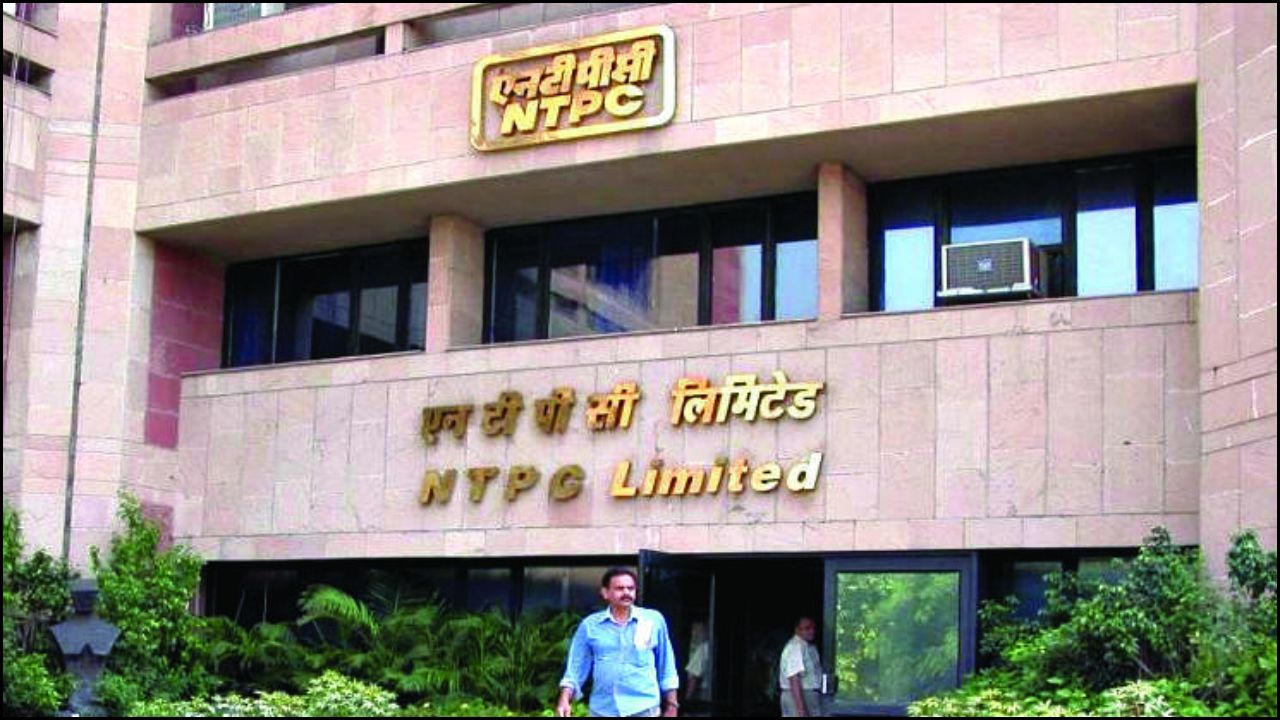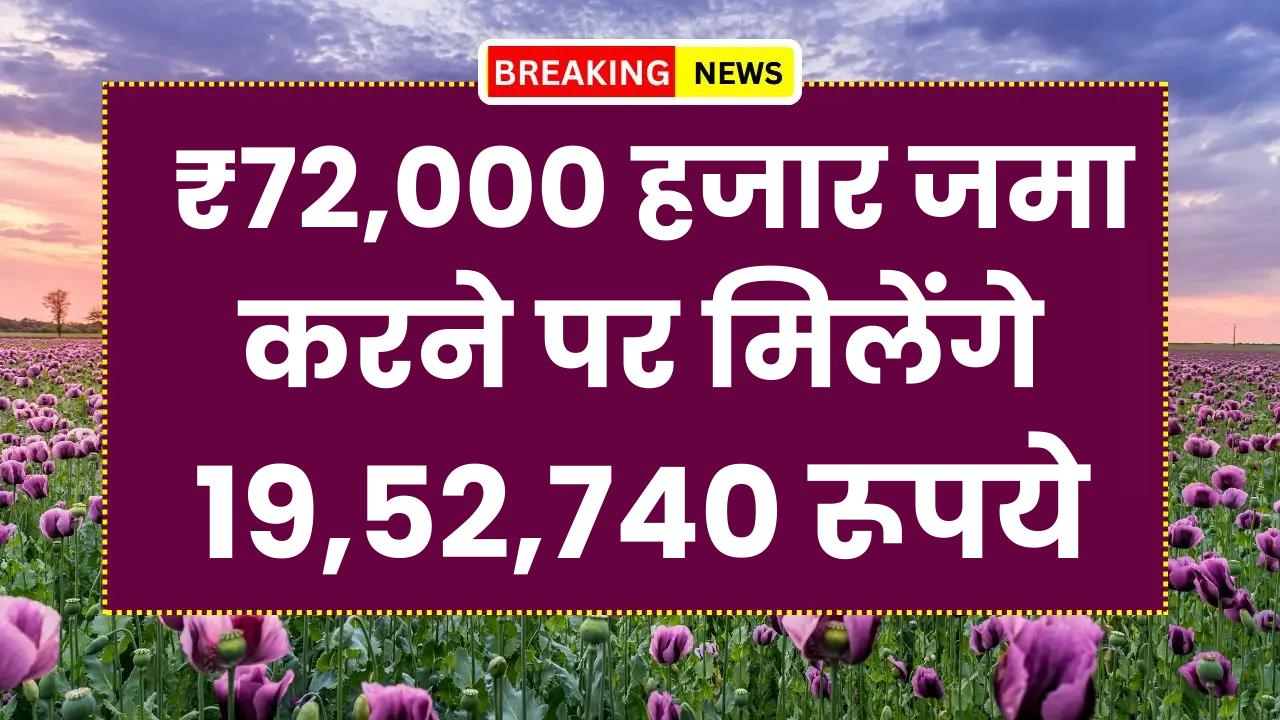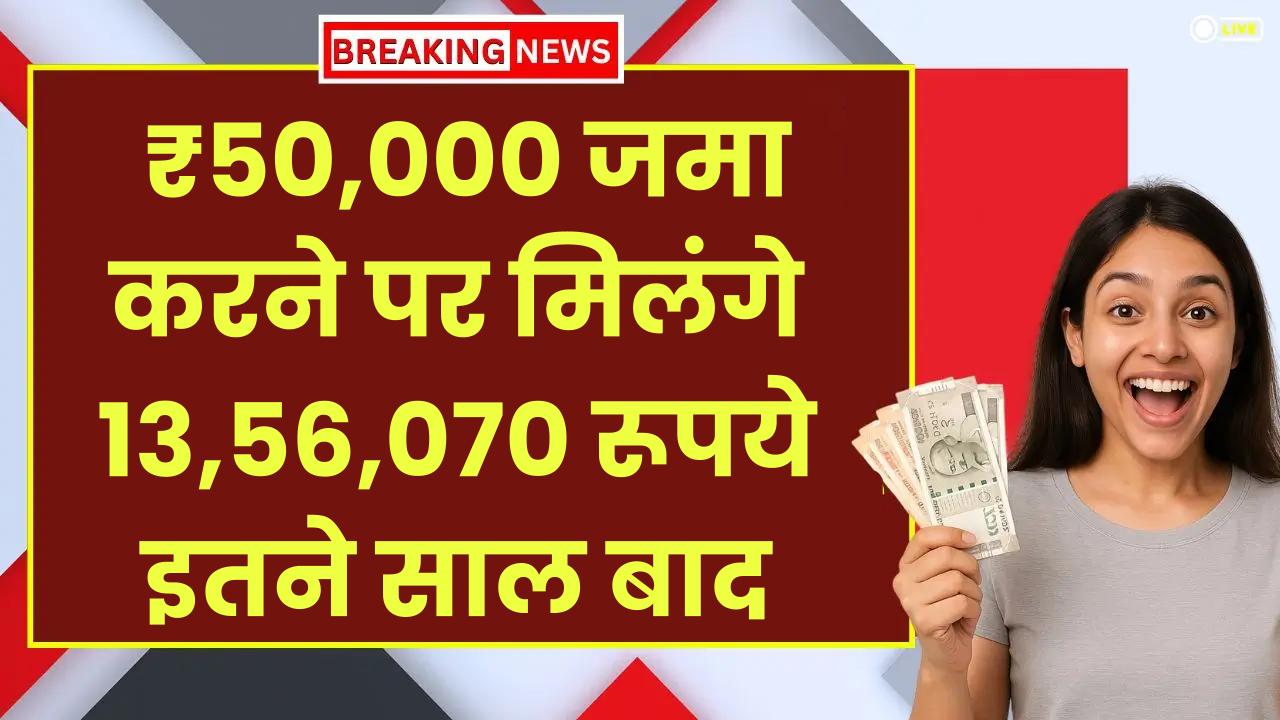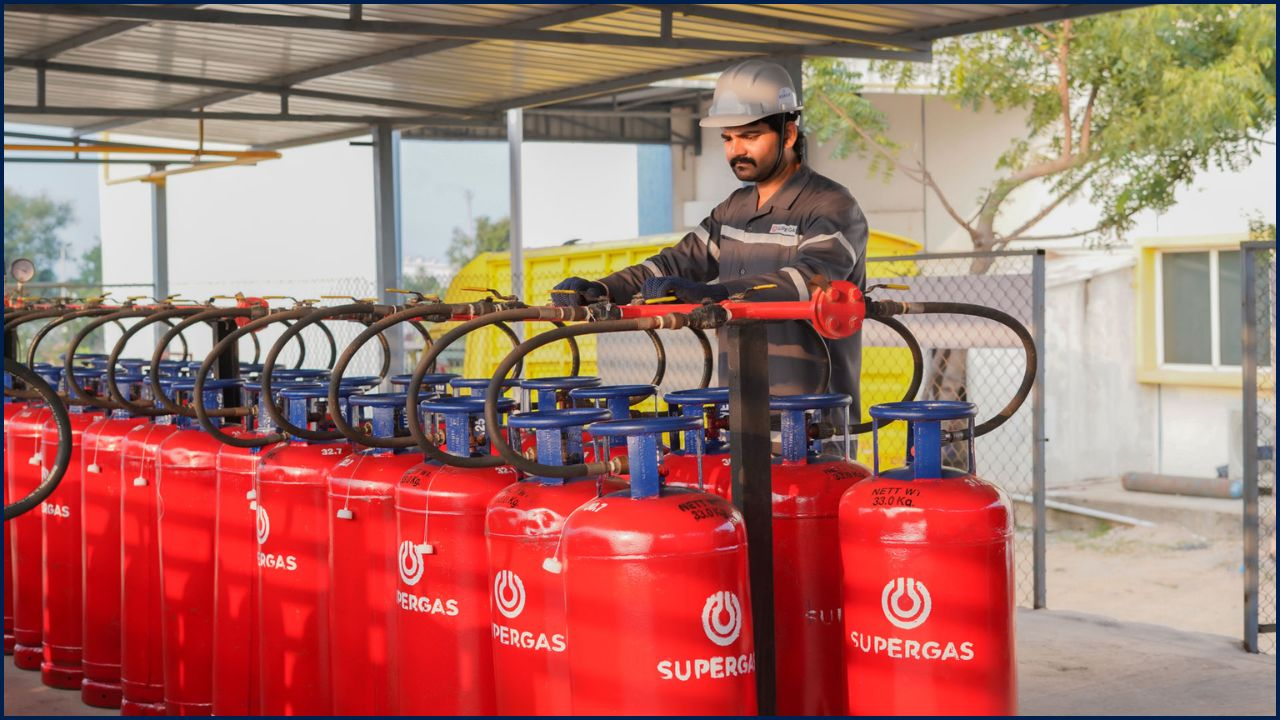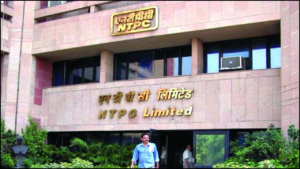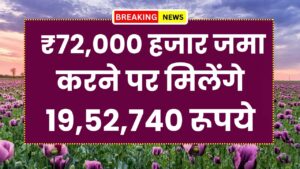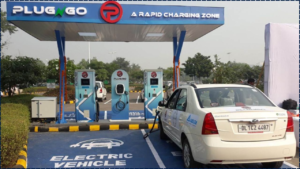In a powerful showcase of economic strategy, India is making major headlines on two separate but equally important fronts. A groundbreaking UK UPI partnership is set to revolutionize international finance, while a significant AC price drop is bringing relief to households across the nation. This dual development an ambitious international agreement paired with a consumer-friendly domestic policy—signals a new chapter of growth. The new UK UPI partnership will seamlessly integrate India’s hugely successful digital payment system into the British economy, while the GST cut promises a welcome AC price drop just in time for the festive season, making comfort more affordable for millions.

The synergy between these two initiatives paints a clear picture of a forward-thinking economic agenda. The UK UPI partnership is a cornerstone of the newly minted India-UK Free Trade Agreement, positioning India as a global leader in the fintech revolution and promising to ease transactions for millions of travelers, students, and businesses. Simultaneously, the domestic AC price drop, resulting from a major GST council decision, is engineered to fuel consumer demand, boost the manufacturing sector, and improve living standards. This strategic coupling of global integration and local stimulus demonstrates a sophisticated approach to driving comprehensive and sustainable economic progress, ensuring benefits flow both inward and outward.
AC Prices Drop After Tax Cut
| Feature | UK-India UPI Partnership | AC Price Reduction (India) |
|---|---|---|
| Key Policy/Agreement | India-UK Free Trade Agreement (FTA) enabling reciprocal access to Fast Payment Systems (FPS). | Government of India reduces GST on air conditioners from 28% to 18%. |
| Primary Beneficiaries | Indian travelers, students, and expatriates in the UK; British residents sending money to India; merchants in both countries. | Indian consumers, appliance manufacturers (like Voltas, Blue Star, Panasonic), and retailers. |
| Expected Impact | Enables seamless QR code-based payments and instant fund transfers, lowers transaction costs, eases remittances, and boosts tourism. | Lowers AC prices by ₹1,500–₹2,500, increases market penetration from the current 9-10%, and boosts sales volume by an estimated 9-10%. |
| Key Organizations Involved | NPCI International Payments Limited (NIPL), PayXpert, and PPRO. | Indian Ministry of Finance, GST Council, and consumer durable companies. |
| Implementation Status | The provision is part of the signed FTA (July 2025) and is expected to be operational after the ratification process, which could take up to a year. | Proposed and announced, with implementation timed to coincide with the festive shopping season to maximize consumer demand. |
Strengthening Bilateral Trade
The engine driving the UK UPI partnership is the landmark Comprehensive Economic and Trade Partnership Agreement (CETA), signed between India and the UK on July 24, 2025. This historic FTA is more than just a trade deal; it’s a strategic alliance built to merge India’s innovative fintech ecosystem with the UK’s established financial expertise. The agreement paves the way for a frictionless financial corridor that will deliver unprecedented convenience and efficiency to citizens and businesses in both nations, deepening an already strong economic relationship. The core of this collaboration is the mutual recognition and integration of each country’s Fast Payment Systems (FPS), a move that promises to redefine cross-border transactions.
A New Era for Cross-Border Payments
Imagine traveling from Mumbai to London and paying for your coffee by simply scanning a QR code with your Indian banking app—no currency exchange, no extra fees. This is the future envisioned by the UK UPI partnership. The FTA allows for reciprocal access to payment systems, meaning Indian users can make seamless payments in the UK, and vice-versa, without needing to sign up for a new service. This interoperability applies to both merchant payments at retail outlets and peer-to-peer fund transfers, making life easier for tourists, students, and families sending remittances.
The economic implications are immense. The UK is already a significant source of remittances to India, and this partnership will make sending money home cheaper and faster, strengthening a vital flow of capital. For the millions of Indians who visit the UK annually, it removes a major friction point, likely boosting spending in the UK’s tourism and hospitality sectors. This development builds on earlier groundwork laid by NPCI International Payments Limited (NIPL), which had already partnered with UK fintech firms like PayXpert and PPRO to introduce UPI acceptance on a smaller scale. The FTA solidifies this push, making it a nationwide, reciprocal system.
Domestic Consumption Gets a Boost with GST Cut
- While the UK UPI partnership captures international attention, a parallel story is unfolding at home. In a move celebrated by consumers and manufacturers alike, the Indian government has announced a sharp reduction in the Goods and Services Tax (GST) on air conditioners, slashing the rate from a hefty 28% to a more affordable 18%. This decision is perfectly timed to coincide with the upcoming festive season, a period when many Indian families make major household purchases.
- This tax cut directly translates to an AC price drop for the end consumer. Industry leaders estimate that the price of an average AC unit will decrease by ₹1,500 to ₹2,500, a significant saving that makes the appliance accessible to a much wider audience. In a tropical country where AC penetration remains surprisingly low at just 9-10%, this policy is more than just an economic stimulus—it’s a step towards improving the quality of life for millions. The anticipated AC price drop is set to be a game-changer for the market.
Impact on the Appliance Industry
- The reaction from the consumer durables industry has been overwhelmingly positive. A significant AC price drop is expected to trigger a surge in demand, with analysts forecasting a sales volume increase of 9-10%. Major brands like Blue Star, Godrej, and Panasonic have praised the move, noting that it will drive consumption and provide a much-needed boost to the manufacturing sector. The timing ensures that this momentum will carry through the high-sales festive period.
- Furthermore, the policy encourages a move towards “premiumisation.” With the upfront cost reduced, consumers are more likely to choose higher-rated, more energy-efficient models. This shift benefits not only the consumer’s wallet through lower electricity bills but also aligns with national goals for energy conservation. To capitalize on this, brands like Voltas are amplifying the effect of the GST cut by rolling out attractive festive offers, such as cashback deals, no-cost EMI plans, and exchange bonuses, creating an irresistible value proposition for buyers and potentially driving growth as high as 20% year-over-year.
FAQs on AC Prices Drop After Tax Cut
1. When will I be able to use UPI for payments in the UK?
The framework for the UK UPI partnership is part of the Free Trade Agreement signed in July 2025. While the agreement is in place, the full technical and regulatory integration is expected to be rolled out following the ratification process, which could take up to a year.
2. How much cheaper will air conditioners be after the GST cut?
The GST rate on ACs has been reduced from 28% to 18%. This is expected to result in a final retail AC price drop of approximately ₹1,500 to ₹2,500 per unit, depending on the brand and model.
3. Will I need a special app or a new UK bank account to use UPI there?
No. The system is designed for interoperability. You will be able to use your existing Indian UPI-enabled banking or payment app to make payments directly from your Indian account by scanning QR codes in the UK.
4. Why did the Indian government decide to cut the GST on air conditioners?
The government reduced the GST on ACs to make them more affordable for a larger population, stimulate consumer spending ahead of the festive season, boost sales for manufacturers, and support the domestic appliance industry.
5. What are the main benefits of the UK UPI partnership for a regular person?
For travelers and residents, the key benefits are convenience and cost savings. It eliminates the need to carry large amounts of foreign currency, reduces or removes currency conversion fees, and makes sending money to family (remittances) instant and more affordable.


